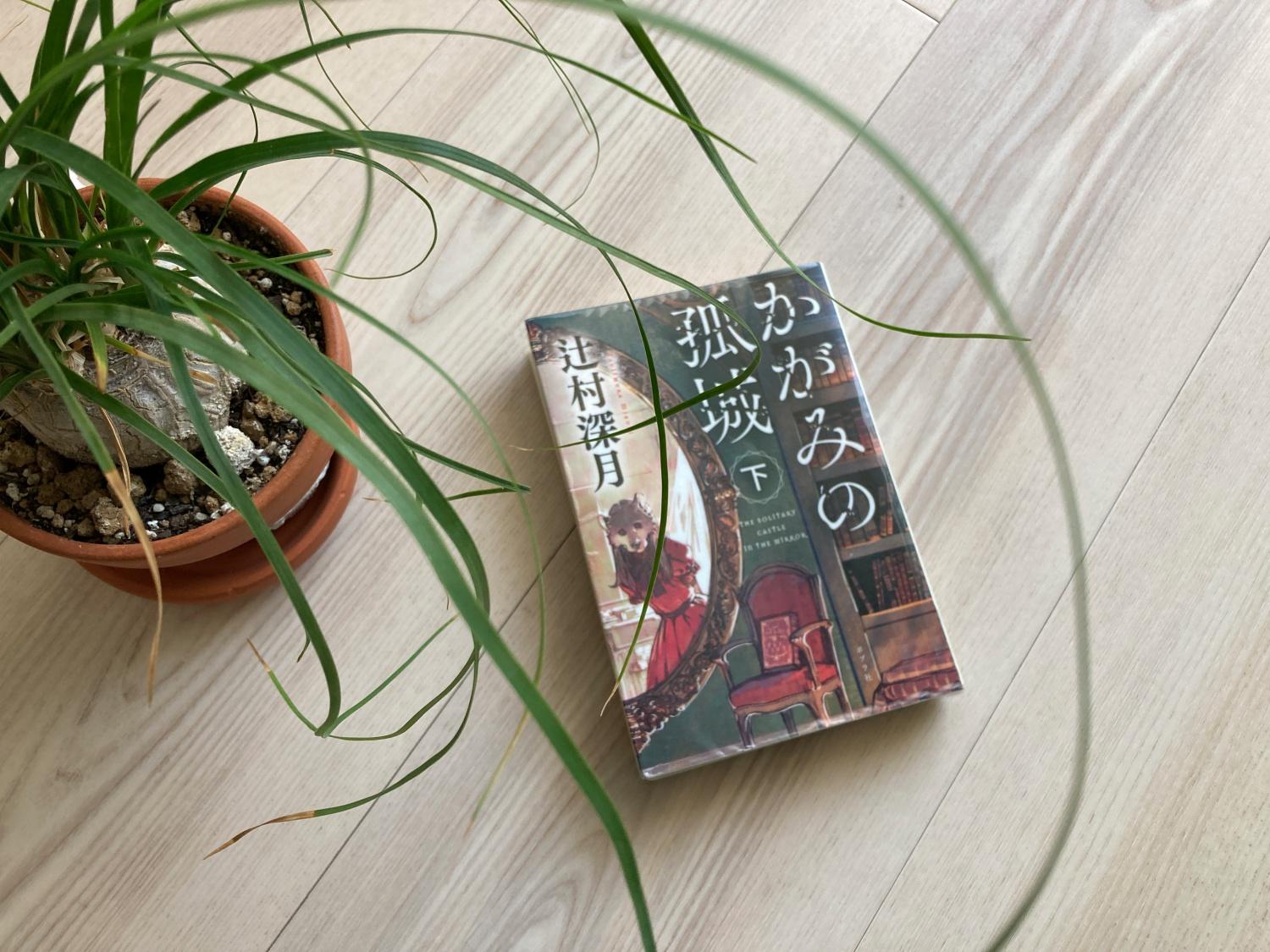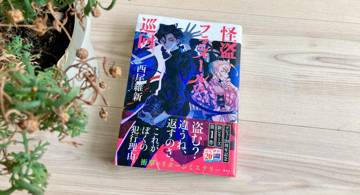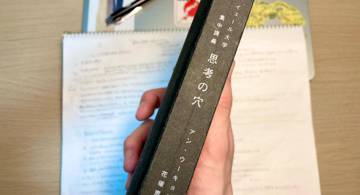Overview
A friend recommended this book, so I read it. I'll write a summary and thoughts with plenty of spoilers.
Summary
- Kokoro-chan, suffering from bullying by a terrible girl named Sanada, has become truant from middle school.
- In her room, there is a glowing mirror that leads to a solitary castle. Invited by the "Wolf Queen," Kokoro-chan is instructed to find the "Wishing Room" and its key inside the castle. If she discovers the room and enters, her wish will be granted.
- There, Kokoro-chan meets everyone: Aki, Rion, Fuuka, Masamune, Subaru, and Ureshino. All of them are unable to attend Sekigaoka Fifth Middle School in Minami Tokyo City due to various reasons. Mostly, they have failed to build relationships at school and have awkward family dynamics.
- They spend their time idly in the castle, gradually building relationships. Despite Kokoro-chan being so sick that she can't even leave her house due to fear of her bullies, she manages to get along with those in similar circumstances.
- "We can help each other. We can fight together." By building relationships, they gain the strength to face the real world, reducing the need for the "Wishing Room."
- However, only Aki-chan is determined to change her reality and breaks the rule by staying in the castle after 5 PM. Aki-chan gets trapped in the castle, but Kokoro-chan, who has grown stronger, helps her escape, giving Aki-chan the resolve to face reality.
- Using the "Wishing Room" to save Aki-chan causes them to lose their memories of the castle. However, the strength they gained remains, and they can thrive in the real world.
- This outcome also satisfies the "Wolf Queen." She is the sister of Rion, who had passed away. She had arranged for her brother to make friends at Sekigaoka Fifth Middle School.
Thoughts
Overall:
- This novel was great...
- At the beginning, I had a rather negative impression of Kokoro-chan. My notes reflect this:
- “Do I have to mimic everyone's freedom? I can't tell how serious everyone is?” What's with her...? Why does she care about others?!
- “The anger welled up inside?” Why?! What are you angry about? Your parents only worry about you! Why see them as enemies...?
- But, I was deeply moved by her growth in the latter half. My notes reflect my emotions.
- “Even if I forget, it’s okay... I’ll remember for everyone.” ...Oh, Kokoro-chan is developing a sense of self...
- “It's just school. If it gets too much, I can go anywhere.” ...Her perspective is broadening.
- Looking back, Kokoro-chan absorbed learning and energy from both reality and the castle. The transformation is touching because I've been dissing her (in my notes) the whole time...
- Not only Kokoro-chan, but Aki also, despite losing her memory, gained the mindset to rely on others. She became able to think it's okay to ask for help genuinely. The vague memory of being strongly pulled back with "Come baaaaaack!" supported her in her life.
- In reality, there are people with strong hearts. Perhaps, they visited the castle in their childhood, lost their memories afterward, but retained their inner strength. This fantasy crossed my mind.
- What I particularly liked was that there was no clear event that made their hearts stronger. This made it very difficult to write a summary of the novel. Stories without clear events are hard to summarize. They just spend time together, slowly build relationships, and before they know it, they gain inner support. That’s why I felt it was worth reading. By reading through it, I could feel their bond.
Shall I talk about the movie version?
- The friend who recommended it couldn't read the novel due to the harsh depiction of bullying at the beginning. They watched the movie instead. (Why did they recommend it then...?)
- I watched the movie too, but I'm totally a purist for the original novel of "The Solitary Castle in the Mirror"...
- “Masamune-kun’s line, ‘We can help each other,’ was much more emotional! Why was it depicted so casually?!”
- “Why!! Kokoro-chan’s greatest line, ‘Come baaaaaack!’ was cut!!”
Others:
- There’s a scene where Kokoro-chan's mother, troubled by Kokoro-chan’s truancy, leaves without saying “I’m off.” Kokoro-chan is shocked by this. “No way,” she thinks. Indeed, in the common Japanese values, not greeting is an abnormal situation.
- My recent method for taking reading notes is to first look at the table of contents and prepare sections in my notebook. I write notes for each chapter in the divided spaces. This works well.







